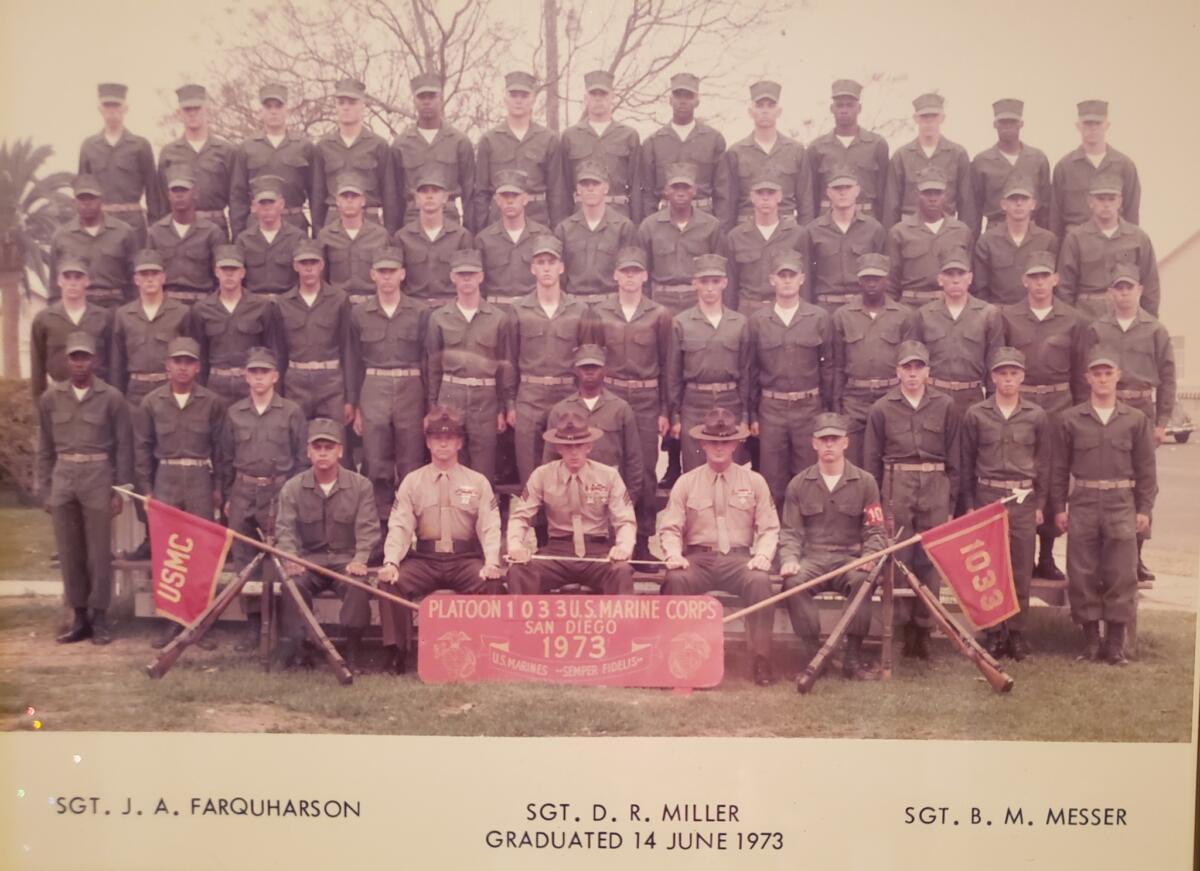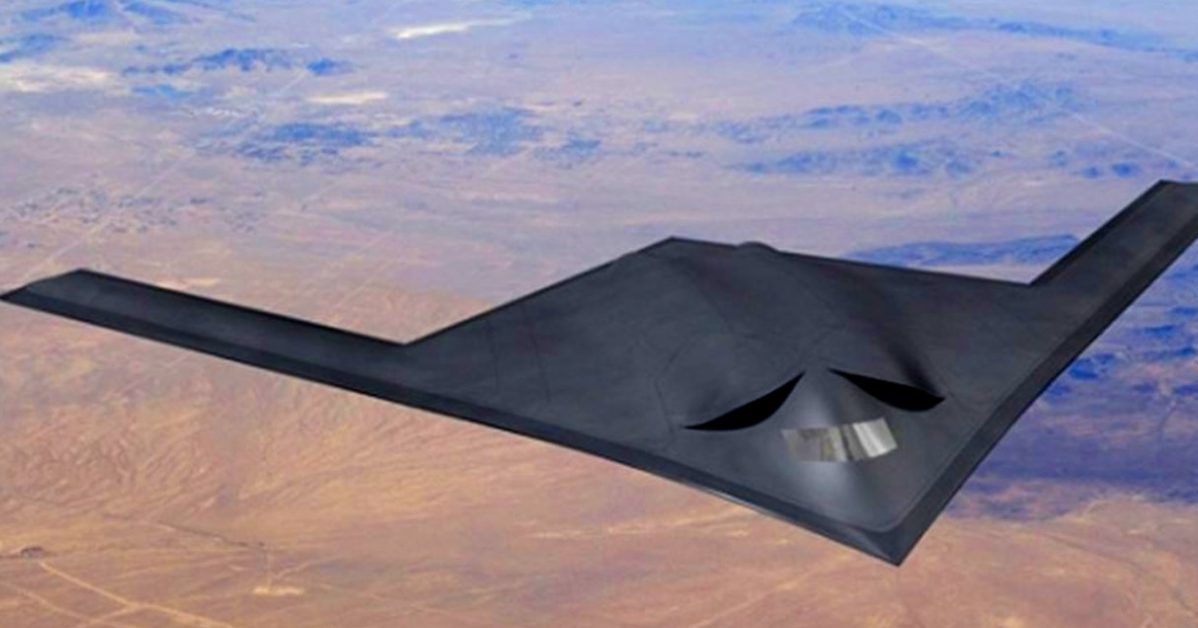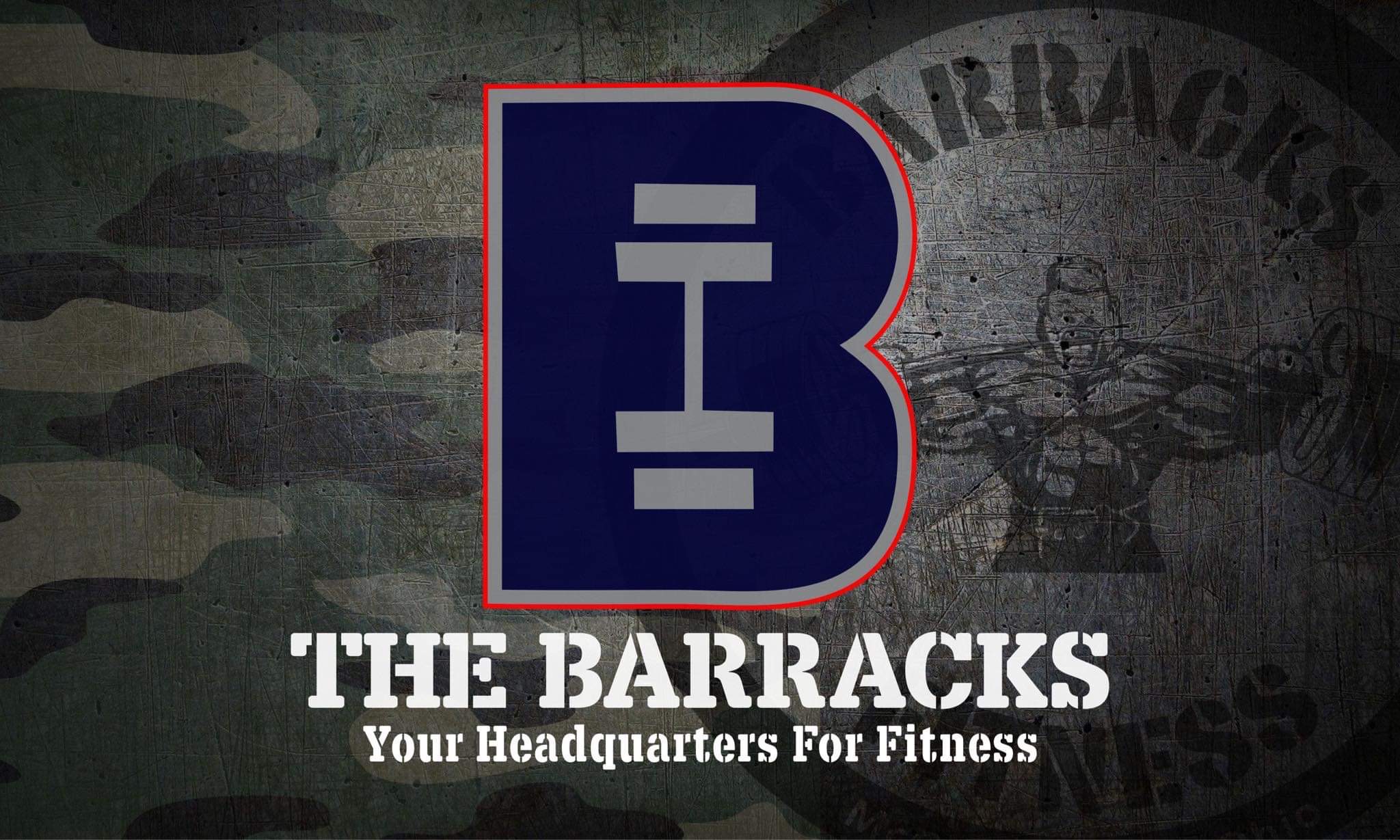Military Occupational Therapist

Introduction to Military Occupational Therapy

Occupational therapy is a vital component of the healthcare system, helping individuals to develop, recover, or maintain the skills needed for daily living and work. In the military, occupational therapists play a crucial role in supporting service members, veterans, and their families. Military occupational therapists work to address the unique challenges faced by military personnel, including physical and mental health issues, injuries, and disabilities. Their goal is to enable individuals to participate fully in their daily activities, despite any limitations they may be experiencing.
The Role of a Military Occupational Therapist

A military occupational therapist is responsible for assessing and treating individuals with a wide range of conditions, including physical disabilities, mental health issues, and cognitive impairments. They use a variety of techniques, including occupational therapy interventions, to help individuals develop the skills they need to perform daily tasks, such as dressing, grooming, and feeding themselves. Military occupational therapists also work to help individuals develop the skills needed to return to work or other activities they enjoy. Some of the key responsibilities of a military occupational therapist include: * Conducting assessments to identify an individual’s strengths and limitations * Developing and implementing treatment plans to address specific needs and goals * Providing education and training to individuals, families, and caregivers * Collaborating with other healthcare professionals to ensure comprehensive care * Using a variety of techniques, including assistive technology and adaptive equipment, to help individuals overcome physical and cognitive limitations
Settings Where Military Occupational Therapists Work

Military occupational therapists work in a variety of settings, including: * Military hospitals and medical centers * Rehabilitation centers * Outpatient clinics * Community-based programs * Veterans’ organizations They may also work in deployed settings, providing care to service members in combat zones or other remote locations. In these settings, military occupational therapists must be able to adapt to unique and challenging environments, often with limited resources and equipment.
Benefits of Being a Military Occupational Therapist

There are many benefits to being a military occupational therapist, including: * The opportunity to make a meaningful difference in the lives of service members, veterans, and their families * The chance to work in a variety of settings and locations, both within the United States and abroad * Competitive pay and benefits, including educational assistance and student loan repayment programs * The opportunity to work with a diverse range of individuals, each with their own unique challenges and goals * The chance to be part of a close-knit community of healthcare professionals who are dedicated to supporting the military and veteran population
Education and Training Requirements

To become a military occupational therapist, individuals must complete a master’s degree program in occupational therapy from an accredited institution. They must also obtain a license to practice in their state, which typically requires passing the National Board for Certification in Occupational Therapy (NBCOT) exam. Additionally, military occupational therapists must complete basic training and officer training to prepare them for the unique challenges of working in a military setting.
Key Skills and Qualities

To be successful as a military occupational therapist, individuals must possess a range of key skills and qualities, including: * Strong communication and interpersonal skills * The ability to work independently and as part of a team * Flexibility and adaptability in the face of changing circumstances * Strong problem-solving and critical thinking skills * Compassion, empathy, and a commitment to supporting the military and veteran population * The ability to maintain confidentiality and cultural sensitivity when working with diverse individuals and groups
💡 Note: Military occupational therapists must also be able to maintain their own physical and emotional well-being, as the work can be challenging and emotionally demanding at times.
Specializations Within Military Occupational Therapy

There are several specializations within military occupational therapy, including: * Pediatric occupational therapy, which focuses on supporting the unique needs of children and adolescents * Gerontological occupational therapy, which focuses on supporting the unique needs of older adults * Mental health occupational therapy, which focuses on supporting individuals with mental health conditions, such as post-traumatic stress disorder (PTSD) and depression * Rehabilitation occupational therapy, which focuses on supporting individuals with physical disabilities and injuries
| Specialization | Description |
|---|---|
| Pediatric Occupational Therapy | Supports the unique needs of children and adolescents |
| Gerontological Occupational Therapy | Supports the unique needs of older adults |
| Mental Health Occupational Therapy | Supports individuals with mental health conditions, such as PTSD and depression |
| Rehabilitation Occupational Therapy | Supports individuals with physical disabilities and injuries |

In summary, military occupational therapists play a vital role in supporting the health and well-being of service members, veterans, and their families. They work in a variety of settings, using a range of techniques and interventions to help individuals develop the skills they need to participate fully in their daily activities. To be successful in this field, individuals must possess a range of key skills and qualities, including strong communication and interpersonal skills, flexibility and adaptability, and a commitment to supporting the military and veteran population.
What is the role of a military occupational therapist?

+
A military occupational therapist is responsible for assessing and treating individuals with a wide range of conditions, including physical disabilities, mental health issues, and cognitive impairments.
What settings do military occupational therapists work in?

+
Military occupational therapists work in a variety of settings, including military hospitals and medical centers, rehabilitation centers, outpatient clinics, community-based programs, and veterans’ organizations.
What education and training is required to become a military occupational therapist?

+
To become a military occupational therapist, individuals must complete a master’s degree program in occupational therapy from an accredited institution, obtain a license to practice in their state, and complete basic training and officer training.



